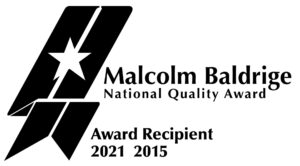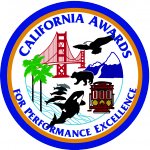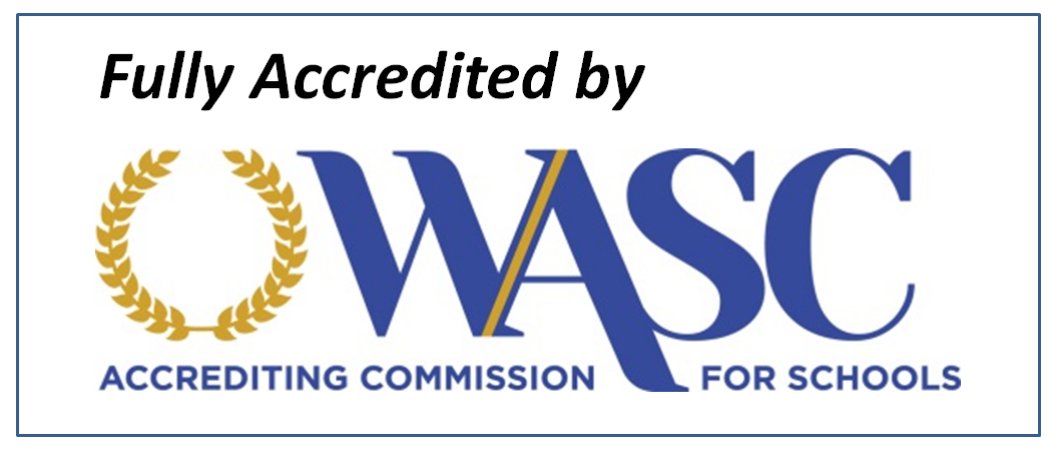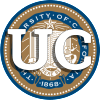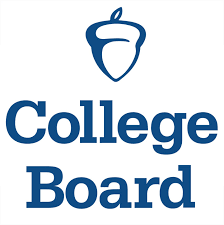At the Charter School of San Diego, our teachers inspire students to take control of their learning. With Edgenuity, our formal education program of online curriculum, students control the time, place, and pace in which they learn. This modern learning environment teaches our students to be self-motivated, self-disciplined, and accountable–essential skills needed for future success!
Background: Recent media stories have been critical of the use of Edgenuity by San Diego Unified School District. The coverage outlines how rampant cheating is occurring when students are enrolled in purely online courses at SDUSD.
As part of the curriculum, Altus Schools utilize Edgenuity and several different software options that enhance students’ learning experiences. All students at Altus Schools have access to online curriculum as tools for learning. Less than 10 percent of Altus Schools’ students use online curriculum exclusively. There is a highly selective process to allow students to complete courses through online curriculum only.
Below are some common issues with Online Software. The following dropdown highlights the best practices employed at Altus Schools to ensure high rigor and academic integrity.
- The websites Quizlet, Brainly, and Studyblue are blocked on our network.
- The mid-terms and final exams are taken in the Resource Center (RC) and require the teacher to unlock them.
- Teachers and Resource Center Associates (RCAs) sit at tables with students working on Edgenuity and closely monitor progress.
- Administrators conduct Rigor, Compliance and Quality (RCQs) checks throughout the year.
- Edgenuity work is reviewed & confirmed.
- Teachers review time spent on quizzes. If a student completes a quiz in a short amount of time, a follow up conversation is had with the student to validate the work.
- Leads, Teachers, and RCAs thoroughly monitor student technology use within the Resource Center.
- Due to the personalized nature of our program and low student to staff ratio our teachers and RCA’s are able to have a one-on one connection with their students and know their academic levels.
- Students take notes on videos and turn them in to the teacher as a part of the course. This ensures students are on task while watching Edgenuity videos.
- All teachers are required to personally take Edgenuity Math courses to ensure rigor.
- Administrators conduct RCQs throughout the year. Edgenuity work is reviewed & confirmed.
- Teachers actively monitor student progress and grade assignments. If answers are unacceptable, the assignment receives a zero and is reset. Teachers work with students face-to-face to remediate.
- Although Edgenuity automatically grades the multiple choice questions, teachers review and assess the work that is submitted. In addition, teachers grade the essays and the short answer questions.
- For students who upload random documents for labs, the teacher will give a student a zero for that lab and require them to complete the lab in class.
- Teachers work closely with students so that they know their academic skill. If something comes through that has been plagiarized or is clearly not the student’s work, teachers are able to address it right away.
- For students who plagiarize their work, teachers will reset the assignment and customize the course to make a plagiarism lesson their next lesson in that course (Edgenuity lets you insert a supplemental lesson on plagiarism and the need to cite sources).
- Instructional Leads, the regional instructional managers, conduct formal meetings with the student and the parent of students suspected of plagiarism and cheating.
- Students are required to attend Resource Center appointments 2-3 times per week to receive instructional support.
- Teachers are required to “unlock” tests and quizzes in order to move forward with a course. They receive a “pending” notification.
- Teachers and administrators review “Recent Actions” report in Edgenuity to see if grades are changed, multiple online sessions are occurring, or course options are changed.
- Parent, student and teacher sign the Acknowledgement of Responsibilities when they enroll, which outlines the expectation to maintain honesty and integrity when completing work and tests.
- Midterms and End of Course Exams are taken and monitored in the RC.
- Teachers recognize their students’ voices and their academic ability.
- Ongoing Rigor, Compliance and Quality checks reviews are conducted by the RC supervisor.
- Teachers have a baseline of their students’ academic skills established by their MAP scores and prior academic grades.
- To better facilitate learning, teachers work to maintain a low student-teacher ratio.
- Teachers and RCAs actively monitor students at the RC. If they notice additional browsers are open, students are asked to close them.
- Students are required to take notes based on the lectures. Teachers review notes before issuing quiz retakes.
- Because of proactive blocking practices, it is very difficult to access entertainment sites in the RC.
- A team supervision approach and philosophy exists at each RC. All instructional staff members, teachers, RCAs, case managers and counselors proactively monitor student computer usage and enforce student learning expectations.
Best Practices and Considerations from Edgenuity
Nationwide, Edgenuity serves more than 20,000 schools in 3,500 districts and 3.5 million students annually. Twenty of the top 25 school districts in the United States are represented in this number. Altus Schools have partnered with Edgenuity for many years to develop and implement best practices regarding academic integrity and rigor. Edgenuity recommends the following practices.
The first step in a strong academic integrity policy is setting appropriate expectations for students in writing. Both parents and students should sign an online learning honor code, and consequences for violating the code should be serious. If consequences are too light (e.g., “If you cheat on a quiz, you’ll have to take it again”) the reward of getting away with cheating simply doesn’t outweigh the risk of getting caught.
All educators at the school site—from principals to teachers—should align on the seriousness of the honor code and should communicate this seriousness to students.
CONSIDERATIONS FOR TEACHERS
- Open Ended Questions: Teachers should set expectations, especially around open-ended questions. Whether in an online or traditional learning environment, it is common for teachers to assign short written assignments (like journals) and not assign grades to every entry. Edgenuity suggests that teachers spot check low-stakes written assignments and make successful efforts part of a participation grade. Students who don’t properly participate should be required to repeat the entire lesson, and this policy should be communicated in advance so that students understand their full effort is expected.
- Grade Weight: The next consideration is how much of the grade weight is allocated to activities that are tightly monitored. For example, if unit tests and cumulative exams make up 50% or more or the course grade, students know they must focus on learning the material in the online lessons. There is less motivation to mute the video and watch a movie or cheat on quizzes if students know they will be held accountable for the content at the end of the unit and at the end of the semester.
WHAT SCHOOLS AND DISTRICTS CAN DO
Implement a catalog of acceptable and unacceptable website addresses (IP Registry): Edgenuity encourages districts and schools to implement IP Registry, which prevents students from accessing assessments outside of the school network. Edgenuity has several settings embedded to allow teachers to proctor assessments, ensuring that students cannot cheat and are doing the work themselves. With this setting, students can work on instruction and assignments from home but must take assessments in school (they will skip over the assessments at home and then be directed to them automatically when they get to school).
- Implement Teacher Review: Edgenuity also encourages districts and schools to implement Teacher Review in Edgenuity for tests and exams. This feature alerts a teacher when a student has reached a test or exam, allowing the teacher to check the student’s work before unlocking a high-stakes assessment. Districts and schools have used a number of strategies to check for understanding before unlocking assessments, including:
- Reviewing students’ eNotes.
- Interviewing students about the key content, including asking them specific questions they have already answered in the lessons to ensure they really did the work.
- Spot-checking open-ended questions in the assignments to ensure students truly answered the questions.
ADDITIONAL SUPPORT
Edgenuity has announced that it has partnered with Respondus, a lightweight lockdown browser that will be embedded in Edgenuity’s assessments beginning in early 2018. This optional add-on feature will allow districts and schools to prevent students from opening any other program during an assessment.



